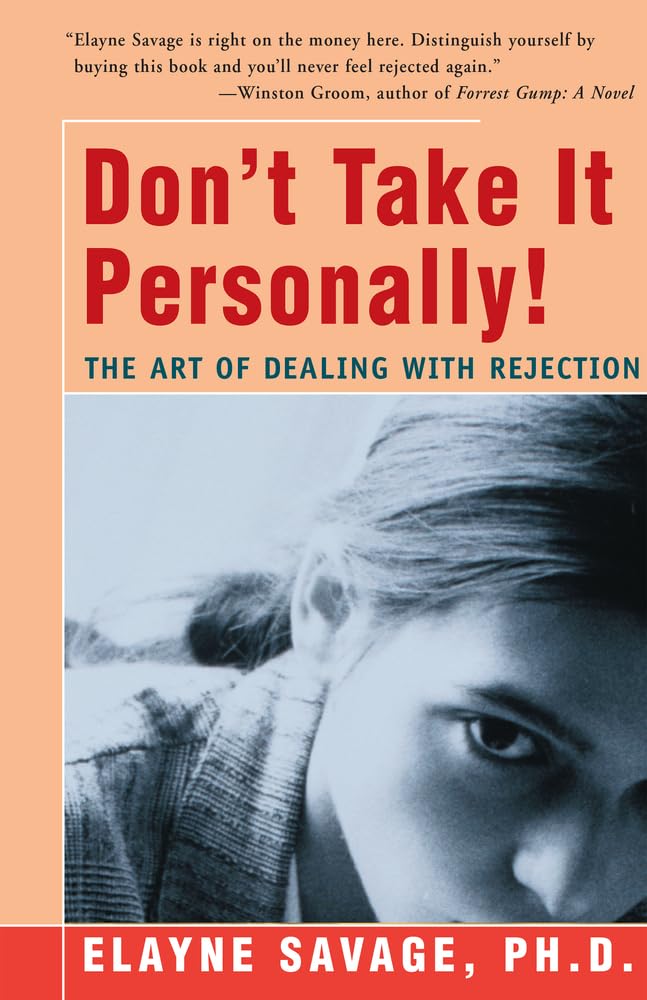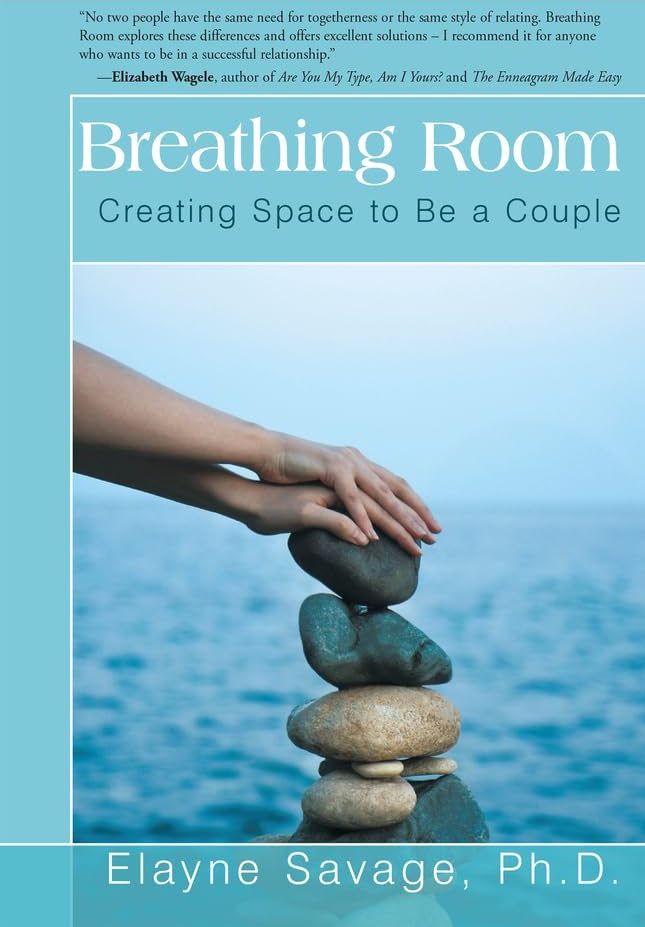By Elayne Savage, PhD
August 22 has always been difficult for me. This past one was exceptionally unsettling.
Ever since I was 12 years old I have dreaded the day. August 22 meant having to take the long drive to the cemetery to visit the graves of my mother and grandmother. It meant reliving the day we learned my mother and grandmother died together in a plane crash.
Every year I dutifully light two 24-hour memorial candles the evening of August 21st so they will burn throughout the next day. I say a prayer for each of them, but often find myself staying detached in a weird sort of way.
This year was different.
Lighting the candles I began to sob. I couldn't stop. This has never happened before during this ritual.
As a grief therapist and having worked many years on my own delayed grief issues, I was able to connect this seemingly mysterious reaction to the fact that my daughter Jocelyn recently turning 40. My mother, Goldie, was 40 years old when she died.
What a stunning realization this has been! And for Jocelyn too when I shared it with her.
I used to think of my mother as old and dowdy. I guess a 12 year old might see her mother that way. But it was more than her age. When I look at photos from back then, she looked depleted and always sad.
And of course I think of my daughter as forever young. And vibrant. And a wise and talented Licensed Clinical Social Worker. And a terrific mother to her daughter.
How can she possibly already be 40? What happened to 32 and 35 and 37?
Actually the day my daughter turned 40 I was aware of the age connection between her and my mother. But back then I didn't anticipate the huge effect it was having on me. Until the evening I lit those candles.
Many of you know the story of the plane crash from reading previous writings or hearing me speak. However newer subscribers may not have a clue to what I'm talking about.
(See the link at the very end below to fill you in . . .)
OK, so I'm very familiar with the concept of anniversary reactions.
OK, so I've helped psychotherapy and workplace clients navigate reactions to losses and deal with how global disasters affect functioning and productivity.
OK, so this year I find myself having an especially difficult time.
As is common for survivors of early childhood trauma and loss, I've experienced my share of these reactions. Turning 40 was a difficult birthday for me, but I saw it coming and did a little prep work. The shock came when I turned 41.That birthday surprised me because I was not at all prepared for it. Turning 41 reminded me I had reached the age my mother never had a chance to experience.
By the way, another tough time was when Jocelyn turned 12, the age I was when my mother died. But I saw that anniversary coming too and was prepared. I wonder what it will be like for me when my grand daughter turns 12!
If you, too, have dealt with anniversary reactions, what have you found helpful?
Recognizing Anniversary Reactions
You may be familiar with the term anniversary effect or reaction. When there has been a traumatic event or disaster in our lives, we often experience emotional reactions to certain cues. It may not be immediate, but can happen down the road.
Cues, or triggers often feel like they are random, out of the blue. They may be related to dates, seasons, holidays, smells, tastes, sounds, textures, or even music and art. Can you think of other cues? Have there been some cues in your experience?
You may inexplicably become uneasy, irritable, restless, impatient, anxious, sad or fearful. You may experience a loss of appetite or find it's hard to concentrate. There may also be body responses such as headaches, neck or back pain, or stomach upsets.
You may ask yourself, “Where do all these sudden feelings come from?” Nothing in the present seems to warrant a reaction like this.
A good explanation may be that you are re-experiencing a traumatic event from your past. Anniversary reactions are often related to a death or other loss. And as you guess, anniversary reactions are sometimes a symptom of PTSD. (See link below for more information on the connection.)
Do you think you may have had an anniversary reaction in the past and didn't know it?
It helps to realize that what you are experiencing is most likely an anniversary effect. It also helps to be prepared for it by anticipating the date or time of year that it might appear. And knowing it is usually short lived and in a week or so you'll probably feel better. If the reaction lasts for more than a few weeks and interferes with your ability to do normal tasks, consider finding a psychotherapist who understands Anniversary Reactions and works with PTSD and trauma reactions.
These reactions can sneak up on us unless we are prepared. But don't count on your reaction appearing on a certain date. It can be a season, a loved one's birthday, a particular holiday.
Often it's more subtle and elusive like certain sounds or smells in the air or the age connections I wrote about above regarding Goldie and Jocelyn. And Jocelyn and me.
Understanding the subtleties and preparing for a possible reaction is where talking with a professional can be especially useful.
Actually the day my daughter turned 40 I was aware of the connection between the ages of her and my mother. But back then I didn't anticipate the huge effect it was having on me. Until the evening I lit those candles.
Where Does It Come From?
According to neuroscience the human brain has a special file to store memories that are linked to strong emotions.
The amygdala is the processing center for emotional responses. During a trauma it screens and files the information your five senses take in.
Think of it this way: The amygdala time-and-date-stamps certain sounds, sights, smells, tastes, and touch and stores it for safe-keeping.
When certain powerful memories are triggered by a specific cue there may be an emotional or body reaction – an anniversary reaction.
Even though we think we are prepared for an upcoming anniversary date, there are other layers of more subtle memories that cause a more powerful than usual response. This is what happened to me when my daughter turned the same age my mother was when she died. i simply wasn't prepared for the enormity of that reaction.
(This is just a very brief overview of the neurobiology involved. See the links below for more information.)
So What to Do? How to Best Navigate These Difficult Times
• When your reactions in the present seem out of proportion with what's going on in your life, ask yourself, “Has anything significant ever happened to me at this time of year?” It may well be an anniversary of your trauma.
• When you can, try to foresee the approach of the anniversary event. Plan to take especially good care of yourself, maybe scheduling some time to listen to and write about your feelings as the anniversary event gets closer.
• Take care of your own needs. Try to stay hydrated, get sufficient sleep, eat regularly, maybe walk in nature, breathing in the colors.
• Talk out loud to family or friends about your feelings. If this is a trauma you share with other family members, talking with them on the anniversary date can be healing for both of you. My brother, Lee, and I always make a point of connecting on August 22.
• Talking with a professional specializing in loss and grief and can help you navigate through your experience.
• Rituals can be healing. My favorite is lighting candles. Or creating a safe, contained reminiscence of the event. Or developing a new ritual of volunteering your time or resources.
• Balance fun time and time with others with making space for quiet time with yourself. But respect your needs. Do you need a healing ritual to acknowledge your trauma or do you need some distraction from your thoughts and feelings?
I'd love to hear your experiences with anniversary reactions and how you have handled them.
Until next time . . .
Elayne
For more about the anniversary effect:
http://www.huffingtonpost.com/matthew-d-erlich-md/grief_b_1164254.html
http://www.psychologytoday.com/blog/two-takes-depression/201105/the-anniversary-effect
http://www.ptsd.va.gov/professional/pages/anniversary_reactions_pro.asp
This is a pretty cool resource site: http://www.squidoo.com/anniversary-reaction
And here's the link to the plane crash story from my blog TipsFromTheQueenofRejection.com http://bit.ly/SYkMJv
© Elayne Savage, PhD
Elayne Savage is the author of ground-breaking relationship books published in 9 languages.
You can order books and CDs directly from my website:
http://www.QueenofRejection.com/publications.htm
To order DON'T TAKE IT PERSONALLY! THE ART OF DEALING
WITH REJECTION from Amazon:
http://tinyurl.com/5cg598
To order BREATHING ROOM — CREATING SPACE TO BE
A COUPLE from Amazon:
http://tinyurl.com/2e3objs
REPRINTING THESE e-LETTERS
You can use the articles in 'Tips from The Queen of Rejection'®
as long as you include a complete attribution and, whenever
possible, a live link to my website. Please notify me where and
when the material will appear.
The attribution should include this information:
Elayne Savage, PhD is a communication coach, professional
speaker, practicing psychotherapist and author. To find out
more about her speaking programs, coaching and consultation services visit:
http://www.QueenofRejection.com
or call 510-540-6230
AND if you or your group can benefit from how not to take
rejection so personally, let's talk about tailoring one of my
speaking programs for you.
Contacting Elayne
I welcome your feedback as well as suggestions for topics you'd
like to see addressed in this e-letter.
Here's how you can reach me:
Elayne Savage
elayne@QueenofRejection.com
510-540-6230
www.QueenofRejection.com
For more communication and rejection tips, you can follow Elayne:
Twitter@ElayneSavage


Leave a Reply to Burt Dubin Cancel reply